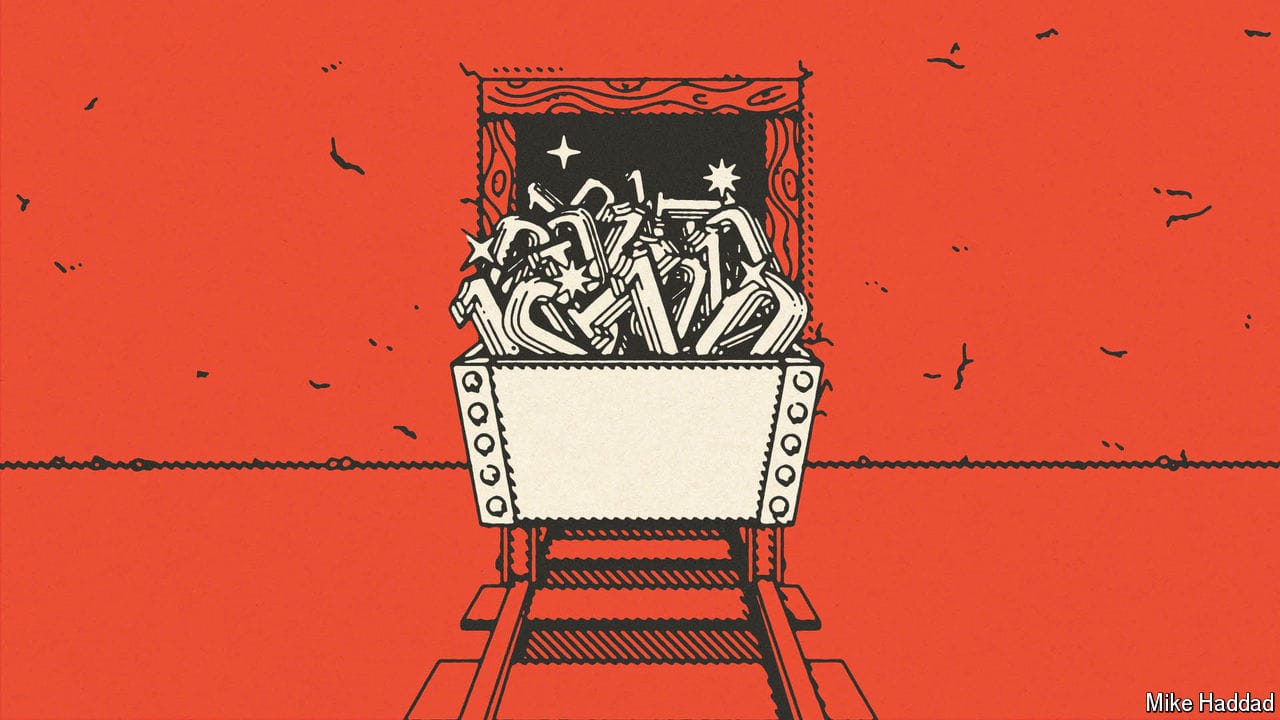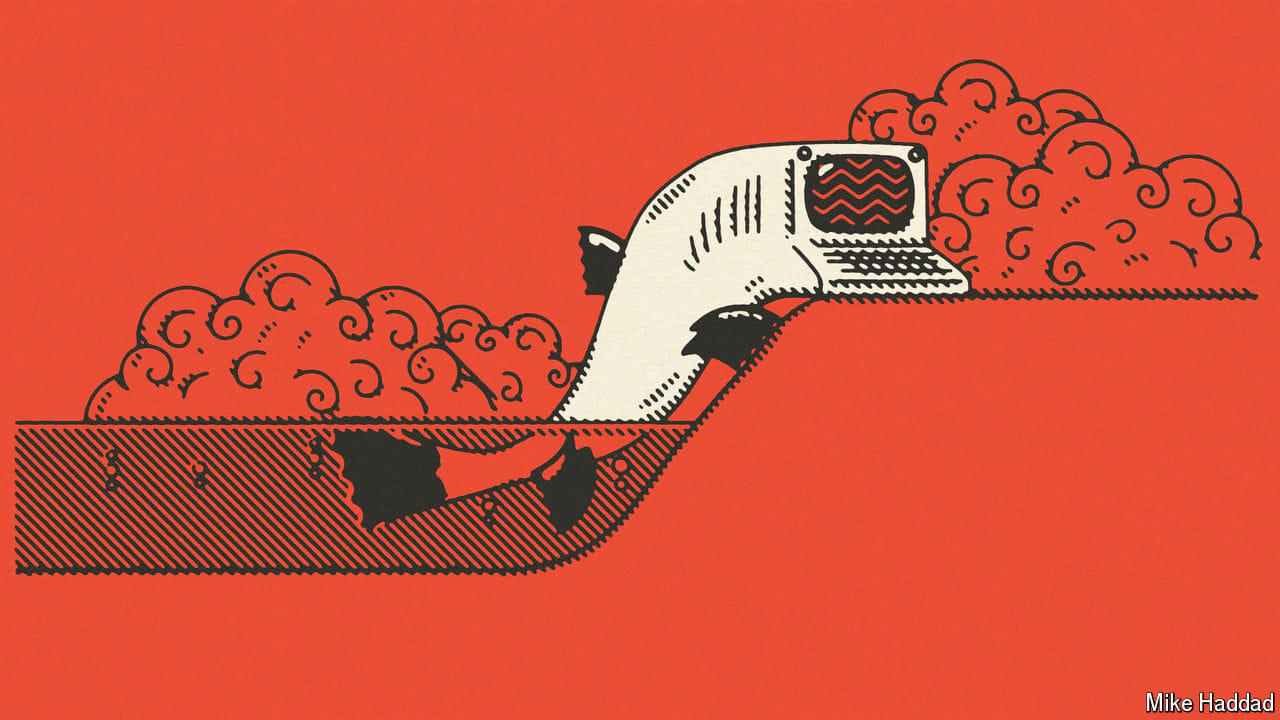Coase’s theory of the firm
If markets are so good at directing resources, why do companies exist? The first in our series on big economic ideas

ONE morning, an economist went to buy a shirt. The one he chose was a marvel of global production. It was made in Malaysia using German machines. The cloth was woven from Indian cotton grown from seeds developed in America. The collar lining came from Brazil; the artificial fibre from Portugal. Millions of shirts of every size and colour are sold every day, writes Paul Seabright, the shirt-buying economist, in his 2004 book, “The Company of Strangers”. No authority is in charge. The firms that make up the many links in the chain that supplied his shirt had merely obeyed market prices.
Throwing light on the magic of market co-ordination was a mainstay of the “classical” economics of the late-18th and 19th centuries. Then, in 1937, a paper published by Ronald Coase, a British economist, pointed out a glaring omission. The standard model of economics did not fit with what goes on within companies. When an employee switches from one division to another, for instance, he does not do so in response to higher wages, but because he is ordered to. The question posed by Coase was profound, if awkward for economics: why are some activities directed by market forces and others by firms?
This article appeared in the Schools brief section of the print edition under the headline “Coase call”
More from Schools brief

The race is on to control the global supply chain for AI chips
The focus is no longer just on faster chips, but on more chips clustered together

AI firms will soon exhaust most of the internet’s data
Can they create more?

A short history of AI
In the first of six weekly briefs, we ask how AI overcame decades of underdelivering
Finding living planets
Life evolves on planets. And planets with life evolve
On the origin of “species”
The term, though widely used, is hard to define
Making your way in the world
An individual’s life story is a dance to the music of time
